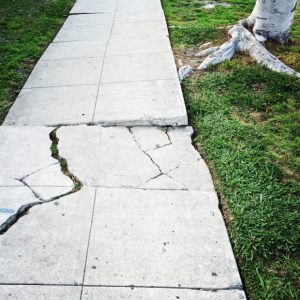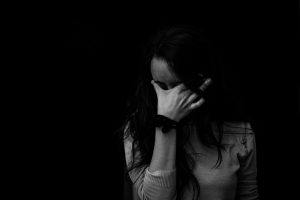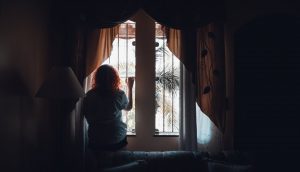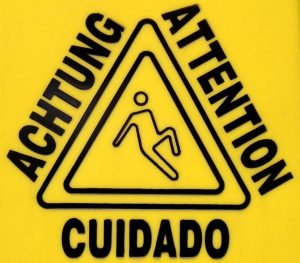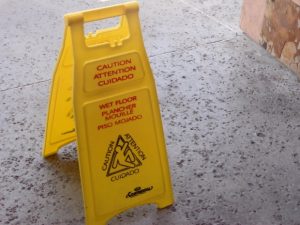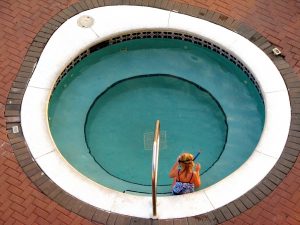Like many other large cities, West Palm Beach has its fair share of criminal activity. The Florida Department of Law Enforcement reports that Palm Beach County’s violent crime rate in 2019 was 390 per 100,000 residents. The good news is that’s a drop of about 5 percent from the year before. However, it includes more than 560 reported rapes and sexual assaults, while only 105 arrests were made for these offenses. What some survivors may not realize is that besides the criminal justice system, there is another avenue of accountability: Civil claims filed against third parties for negligent security.
Crime statistics have proven invaluable in Florida negligent security lawsuits.
Negligent security is a type of civil premises liability claim filed for injuries resulting from a property owner’s negligence. Survivors of rape and sexual assault may have a negligent security claim if they can prove the property owner owed them a duty of care to protect against third-party attacks and failed to put reasonable security measures in place or warn them of possible danger. Continue reading
 South Florida Injury Lawyer Blog
South Florida Injury Lawyer Blog


